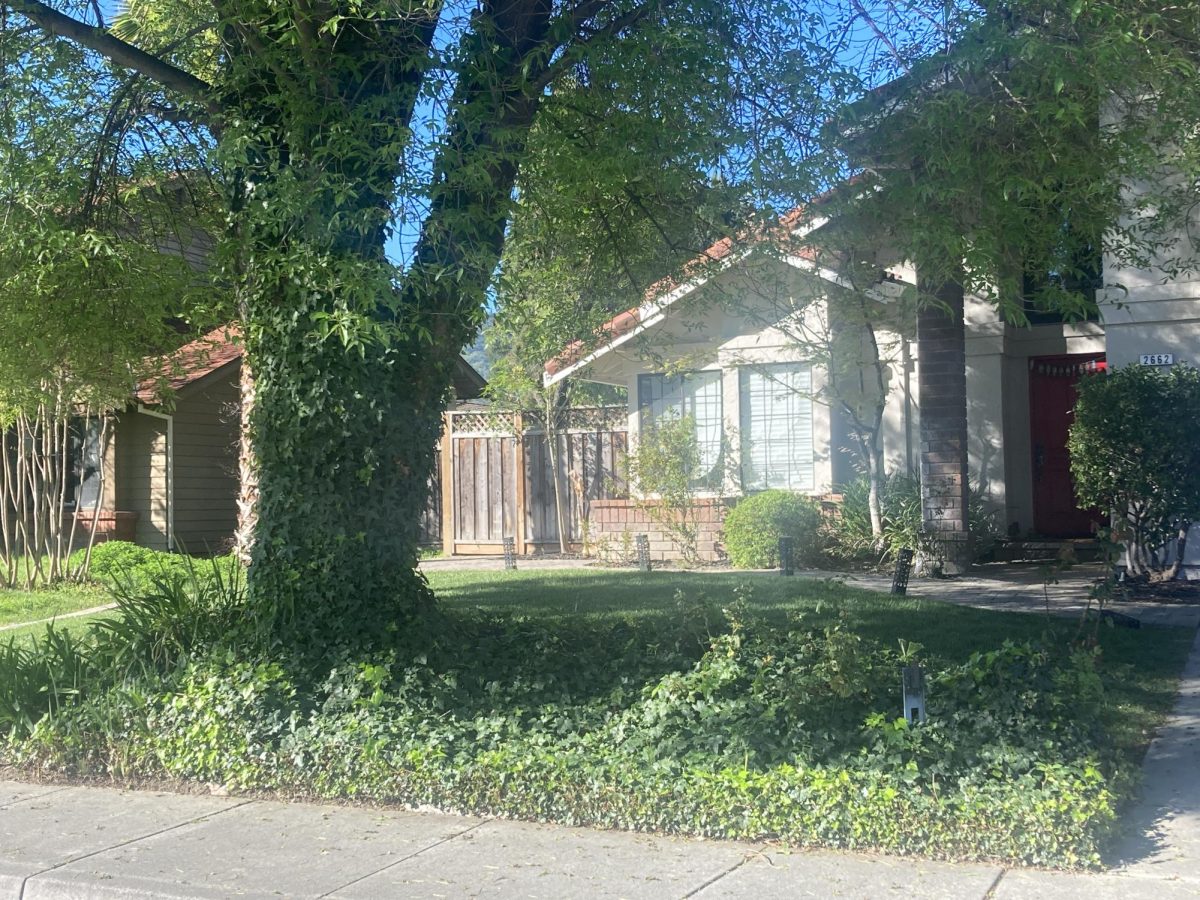Pleasanton is among the pricier cities located in the San Francisco Bay Area. With rising rates, it is undeniable that housing prices have gone up, making the search for residency even more complex.
“Homes are taking a little bit longer to sell but their prices remain steady – yet they’re telling us that they’re going to continue to go up,” said real estate agent Ashley Kenitzer.
Why is Pleasanton so Expensive?
Why exactly is Pleasanton so expensive? One driving factor is the city’s reputable education system and welcoming environment. Pleasanton values quality-of-life and secure neighborhoods, another reason for the high demand. These factors have created high demand in Pleasanton’s real estate and rental market. While many residents have differing opinions, a common theme is the school’s that Pleasanton has to offer.
“[When locating to Pleasanton] we considered the fact that the schools were very good and we didn’t want to pay for private school. Pleasanton Unified is a good school district,” said English teacher Sara Marek.
Pleasanton is also an excellent employment hub with good job opportunities. There are many big businesses that contribute to its strong selling prices.
“I think the housing market in Pleasanton is strong because of the location of where Pleasanton is. We’re on the 580 and 680 [highways]. Our location is close to jobs in San Francisco and also in the Silicon Valley, so you can get either way quickly. The location makes it more expensive – it’s also just a really good community,” said Kenitzer.
Changes For Accessibility
Pleasanton may not be very accessible to those without a high income, due to the high education and inflated pricing. A student at Amador shares what she believes would make Pleasanton a more affordable living place.
“Making simple things more accessible, like extracurriculars [will make living in Pleasanton more accessible]. Even after school activities, like prom, for example. That itself was almost $200, which is kind of crazy. Food has been good lately – it’s free [at school], and it should stay that way, especially for people who need it,” said Andie Edwards (‘26).











